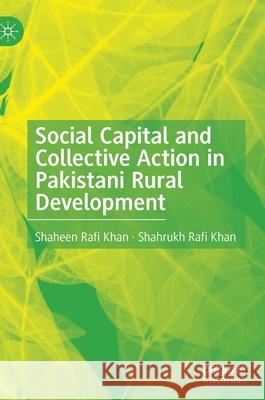Social Capital and Collective Action in Pakistani Rural Development » książka
topmenu
Social Capital and Collective Action in Pakistani Rural Development
ISBN-13: 9783030714499 / Angielski / Twarda / 2021 / 295 str.
Social Capital and Collective Action in Pakistani Rural Development
ISBN-13: 9783030714499 / Angielski / Twarda / 2021 / 295 str.
cena 404,42
(netto: 385,16 VAT: 5%)
Najniższa cena z 30 dni: 385,52
(netto: 385,16 VAT: 5%)
Najniższa cena z 30 dni: 385,52
Termin realizacji zamówienia:
ok. 16-18 dni roboczych.
ok. 16-18 dni roboczych.
Darmowa dostawa!
Kategorie:
Kategorie BISAC:
Wydawca:
Palgrave MacMillan
Język:
Angielski
ISBN-13:
9783030714499
Rok wydania:
2021
Wydanie:
2021
Ilość stron:
295
Waga:
0.52 kg
Wymiary:
21.01 x 14.81 x 1.91
Oprawa:
Twarda
Wolumenów:
01
Dodatkowe informacje:
Wydanie ilustrowane











